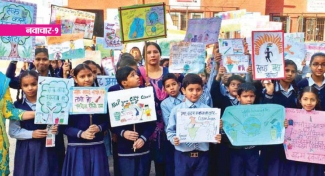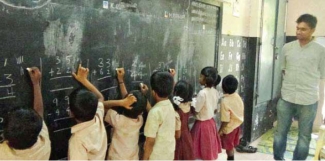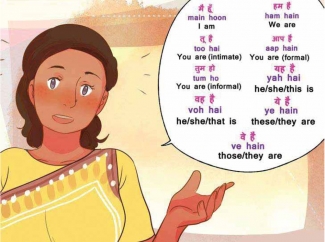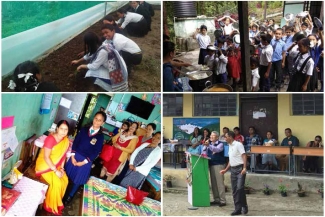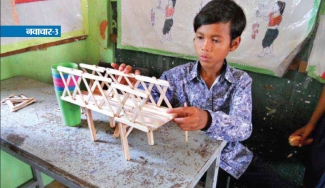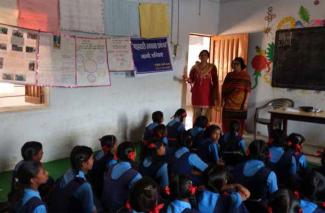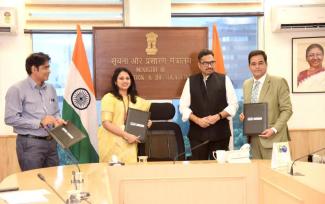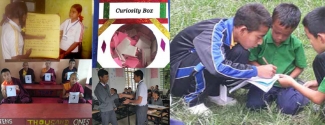
A student-centric educationsystem is possible only when students take the lead of the teaching-learning process and teachers play the role of their gudies and mentors. This means students need to be active participants, rathar than merely absorbing information. That is why, there is a growing emphasis on experiential learning methods. Teachers are now introducing new-age techniques to integrate learning with students' day-to-day activities, and make educationa relevant and interesting for them. Such novel approaches by teachers are resulting in significant improvement in grade-appropriate learning levels, and are fostering an enquiry-led learning environment in the schools. The key to making those innovative methods work is the right approach and strategy to make syllabus topics simple and joyful for the students.
Benefits of this innovation
- Development of experiential, relevant and joyful pedagogy in the school.
- Teachers and students work together to ensure effective teaching and learning.
- Learning retention in students improves, along with their confidence level.
- Teachers feel more involved and motivated.
- Increase in student attendance and enrolment.
Impact areas
Improve learning outcomes and decrease learning gaps; Inclusion of children with special needs in mainstream; Creation of enquiry-led self-learning environment.
Summary
Innovative teaching techniques include a number of activities. These have been explained using specific examples, however the teacher can adapt and apply them to any syllabus topic with ease and in an interesting, participative manner. There is no special requirement of creating a TLM. By taking part in these activities, students are able to hone all-round skills, recapitulate and revise lessons effectively, and even apply knowledge in real life situations.
Activities for classroom
- I Teach, I Learn
- Curiosity Box
- Cycle of Events
- Wrapper Learning
- Mathematical Benches












Zero-Investment Innovations for Education Initiatives
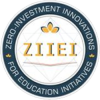
ZIIEI is an initiative of Sri Aurobindo Society. Working for over 55 years to transform Education, Sri Aurobindo Society has identified that the Zero Investment Innovations at grassroots in India can be one of the most game-changing accelerators in improving the quality of education.
ZIIEI has been facilitating wide-spread adoption of the most promising “zero-investment” innovations in Education, and helping the State to solve the toughest challenges of making education more effective and meaningful. Presently, it is proving to be a significant step in implementation of the vision of the State Government to establish UP as a role model state of Educational Transformation.
The ZIIEI platform brings together the scattered, isolated and yet-to-be–recognised individual innovations, and is making these collective and inclusive. Each school, educator, and student is intended to be part of a mutually-sustained ecosystem to address the gaps in education—with simple tools—and will earn recognition by the Education Community and the State Government for their successful ideas.
ZIIEI is inclusive innovation at its best also because of the fact that it brings together the government, the schools, and educators, non-governmental and corporate players. While ZIIEI, evolved in response to critical educational needs, has been designed under the guidance of the UP State Government, it is funded by HDFC Bank— a collaboration model that goes beyond even public-private partnership (PPP) to facilitate the best of ideas, research, knowledge-sharing and cross-sector collaborations.






